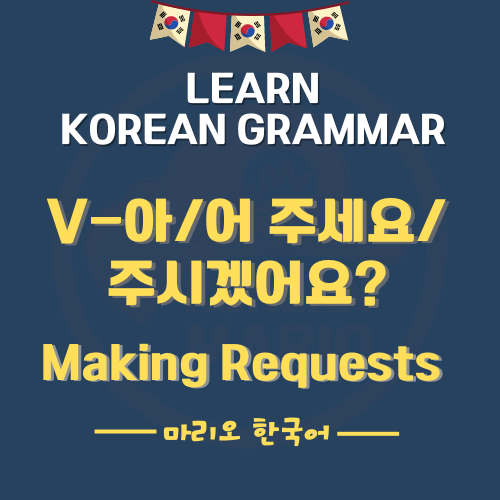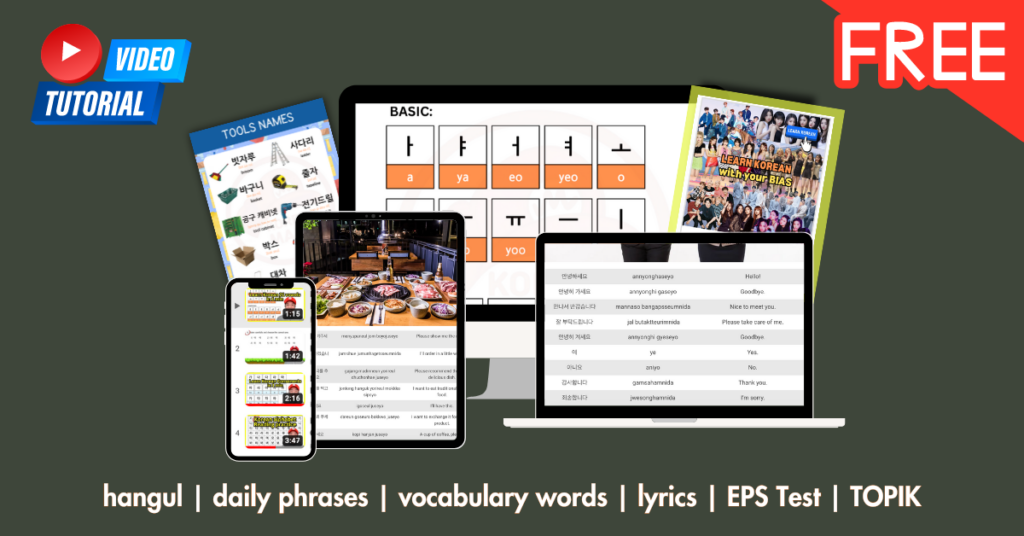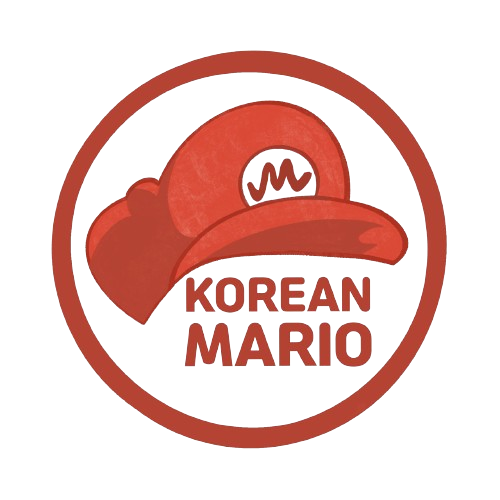N 주세요 Please give me
주다 is the root form (Base form) of 주세요 which means ‘to give’ or ‘do it for me’. ‘주세요’ is used with Korean Nouns. ‘N 주세요’ is used when you request something politely.

For example, “물 주세요 means ‘Please give me water.’
When you ask for water, which is a noun, you can use ‘주세요’ after the noun.
Another example is, Please give me a cup of coffee. 커피 한잔 주세요.
When you ask for a cup of coffee, which is a noun, you can use ‘주세요’ after the noun. “Please give me a cup of coffee.”
Whether the preceding noun has the final consonant/batchim, like ‘물 (water)’ or the preceding noun does not have the final consonant/baychim, like ‘커피 (=coffee),’ you can use ‘주세요.’
책 주세요. Please give me the apple.
사과 주세요. Please give me an apple.
돈 주세요. Please give me money.
밥 주세요. Please give me a bowl of rice.
김치 주세요. Please give me kimchi.
옷 주세요. Please give me your clothes.
가방 주세요. Please give me your bag.
가위 주세요. Please give me scissors.
휴지 주세요. Please give me some tissue.
많이 주세요. Please give me a lot.
조금 주세요. Please give me some.
Learn more daily content on Instagram!
V-아/어 주세요, V-아/어 주시겠어요?: Please do (something) for me
Adding -아/어 주세요 to a word stem changes the meaning to so that it is implied the action is somehow beneficial to you (or whoever the request is for) specifically. Think of it as asking for a polite favor rather than a polite command or request. Now not only are you asking someone to do something, it’s to do something specifically for your sake.
-아/어 주세요 is used with verbs.
If the final vowel before the end of the verb stem is 아 or 오 then -아 주세요 is added.
If the final vowel before the end of the verb stem is anything other than 아 or 오 then -어 주세요 is added.
If the verb ends with -하다, the 하다 becomes -해 주세요 instead.
-아/어 주시겠어요 is a more polite expression that shows more consideration for the listener than -아/어 주세요.
| verb stem ends in ㅏ or ㅗ | verb stem ends in vowels other thanㅏ or ㅗ | verbs ending in 하다 |
| -아 주세요 | -어 주세요 | -해 주세요 |
사다 to buy
→ 사 주세요. Please buy (for me).
→ 사 주시겠어요? Would you please buy for me?
가다 to go
→ 가 주세요. Please go (for me).
→ 가 주시겠어요? Would you please go for me?
먹다 to eat
→ 먹어 주세요. Please eat (for me).
→ 먹어 주시겠어요? Would you please eat for me?
앉다 to sit
→ 앉아 주세요. Please sit (for me).
→ 앉아 주시겠어요? Would you please sit for me?
찍다 to take(a photo)
→ 찍어 주세요. Please take a photo (for me).
→ 찍어 주시겠어요? Would you please take a photo for me?
공부하다 to study
→ 공부해 주세요. Please study (for me).
→ 공부해 주시겠어요? Would you please study (for me)?
돕다 to help
→ 도와 주세요. Please help me.
→ 도와 주시겠어요? Would you please help (me)?
Let’s take look at another comparison example.
빨리 하세요.
빨리 해주세요.
They could both be translated as “please do it quickly” but the second sentence implies that the action requested will be beneficial to the speaker.
So the main difference here is when you do not use 주다, you are simply asking or telling someone to do something, whereas when you use 주다 you are implying the person is doing something for you.
으 Irregular Verbs
With verbs that end in the vowel 으, the 으 is dropped and -어 주세요 is added.
쓰다 (to write): 쓰 → ㅆ + 어 주세요 → 써 주세요
ㄷ Irregular Verbs
For irregular verbs ending in ㄷ, the ㄷ is changed to ㄹ and -어 주세요 is added.
듣다 (to listen): 듣 → 들 + 어주세요 → 들어 주세요
르 Irregular Verbs
부르다 (to call): 부르 → 부ㄹ → 불ㄹ + 어 주세요 → 불러 주세요
전화번호를 써 주세요. Please write down the phone number.
제 이야기를 좀 들어 주세요. Please listen to me.
민수라고 불러 주세요. Please call me Min Soo.
Formal Polite Form -아/어 드리세요
When the recipient of the action is someone higher in status than the speaker or someone to be respected -아/어 드리세요 is used.
A: 창문을 열어 주세겠어요? Can you please open the window for me?
B: 네, 열어 드릴게요. Sure, I’ll open for you.
A: 천천히 말해주세요. Please speak slowly (for me).
B: 네, 다시 잘 들으세요. Sure, please listen carefully again.
Learn more with Mario
Table of Contents


